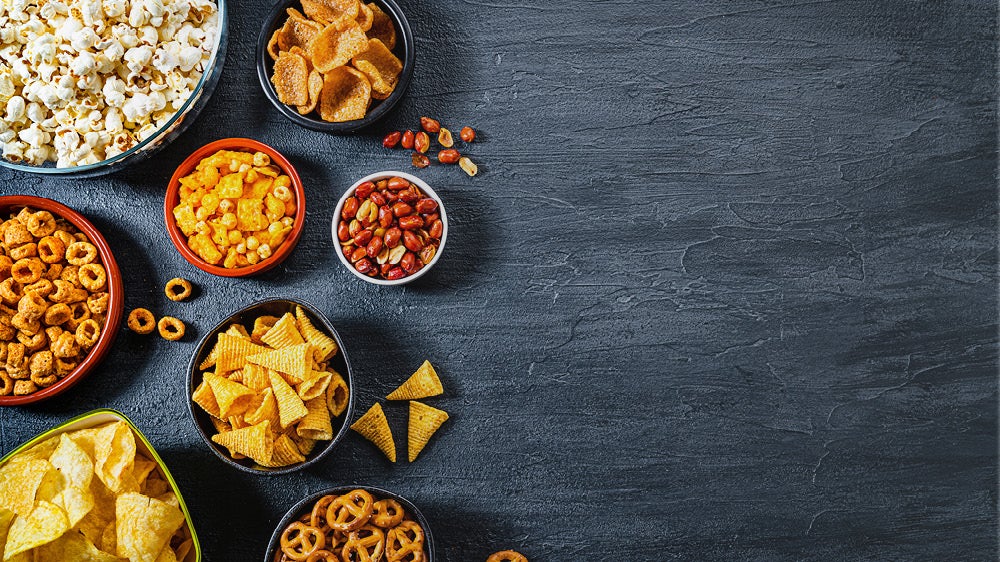Like smoking, snacking can be an addiction that can be difficult to quit.
Snacking can lead to dangerous health concerns – like other addictions. When heading to the kitchen for a snack, you may not be hungry at all. You could just be bored, stressed, depressed or anxious.
But snacking can lead to obesity – an abnormal or excessive fat accumulation that puts your health at risk. Obesity is measured by your body mass index (BMI) which is measured by your height and weight. If your BMI is over 25, you’re classified as overweight and if it’s over 30, you’re classified as obese.
From 1999-2000 to 2017-2020, the U.S. obesity rate increased by 11.4% and severe obesity doubled. While smoking rates declined in the U.S. by 9.4% from 2005 to 2021. This trend suggests snacking may be the new “smoking” when it comes to public health concerns.
Why is snacking so harmful?
When you’re hungry, you eat a snack, then insulin is released in your body and your blood sugar goes down, resulting in you being hungry again. This cycle can lead to weight gain.
Snacks that are highly processed and contain sugar, salt and preservatives are ones to avoid. Instead, eat a healthy snack like fresh vegetables to end the snacking cycle.
How can I stop snacking?
- Stay hydrated. When drinking water, your stomach will not feel so empty. This will reduce the urge to snack.
- Get enough sleep. Poor sleep habits can contribute to increased weight gain in adults who sleep less than 7 hours a night.
- Set a meal routine. By eating your meals around the same time every day, your body will have regular nutrients. If you skip a meal or wait too long to eat, you will be more likely not to think about what you’re consuming because you’re so hungry. To start off on the right track, eat a healthy breakfast that’s high in protein to help you feel full longer.
- Portion your snacks into single servings. Instead of eating out of a bag or package of food, put it on a small snack plate. This way, you can see how much you’re eating.
- Avoid temptations. A few suggestions to make sure you don’t snack are to avoid grocery shopping when you’re hungry, don’t go into gas stations if you can pay at the pump and avoid areas with snacks out like a breakroom.
What if I can’t stop snacking?
If you’re having trouble with snacking, talk with your primary care provider to learn about your options, including counseling, medications related to behavior modification strategies or bariatric surgery. The bariatric team can help you combat your snacking urges, discuss eating habits and discuss solutions in your fight against obesity.
Learn if you're a candidate for bariatric surgery.
This blog was medically reviewed by a MercyOne provider.

